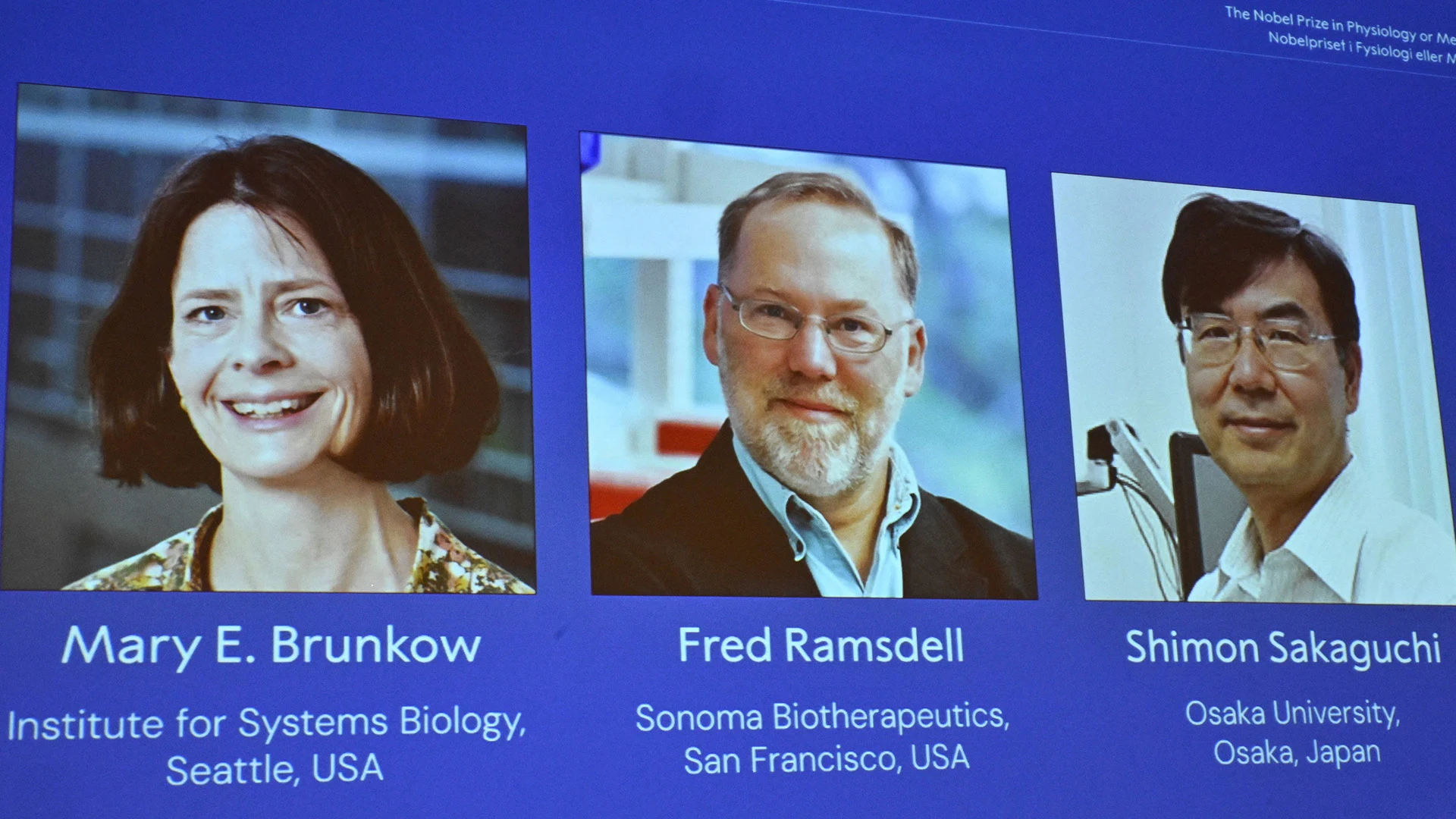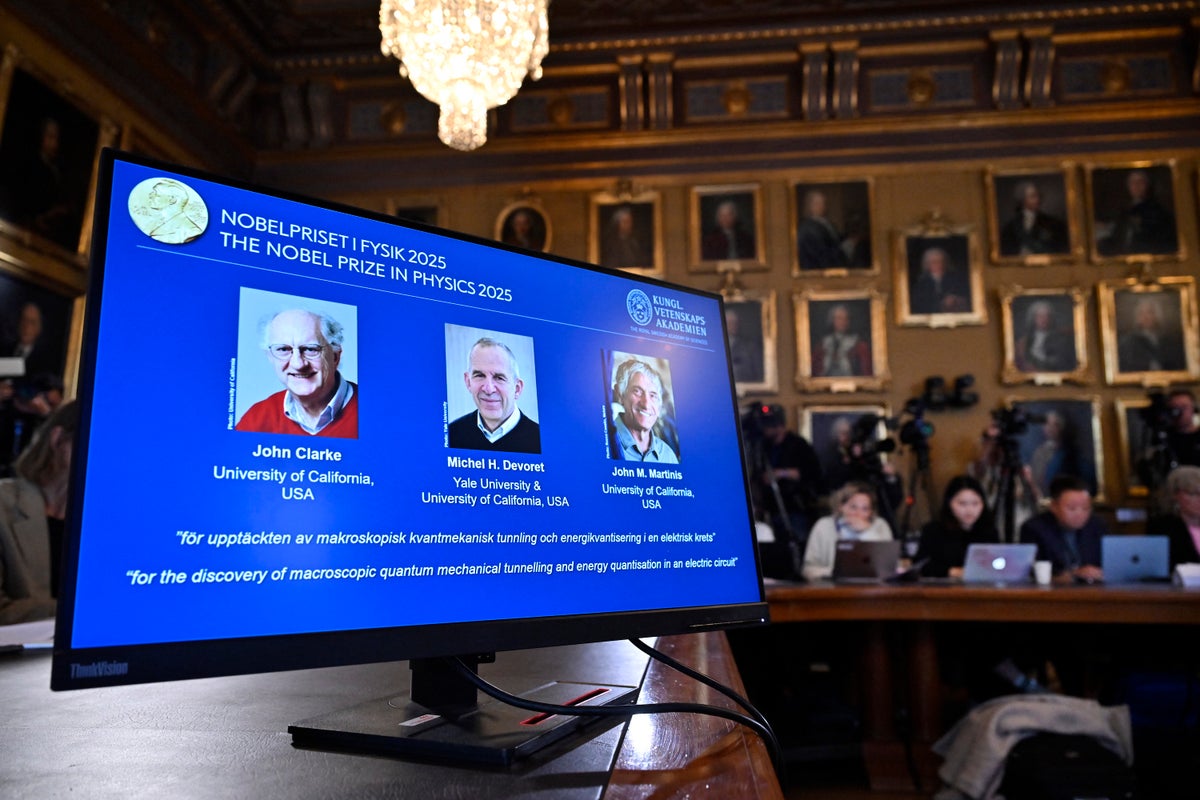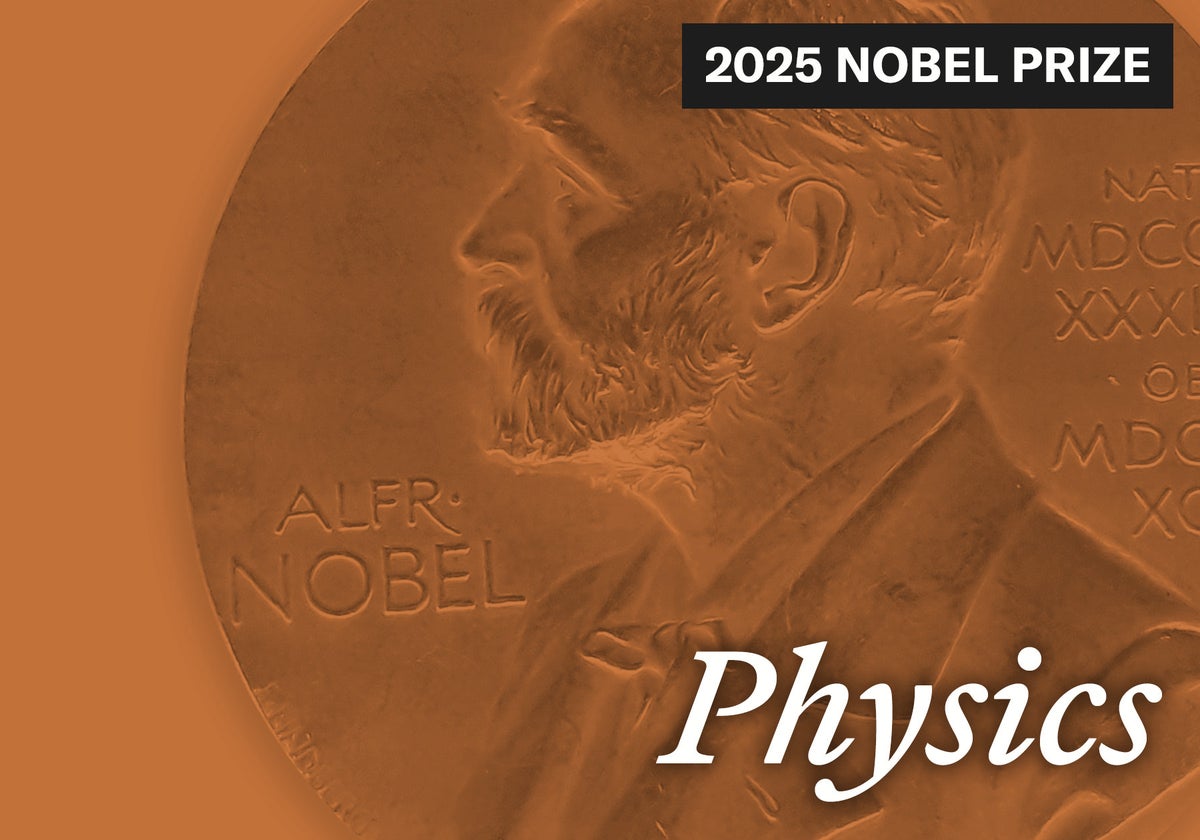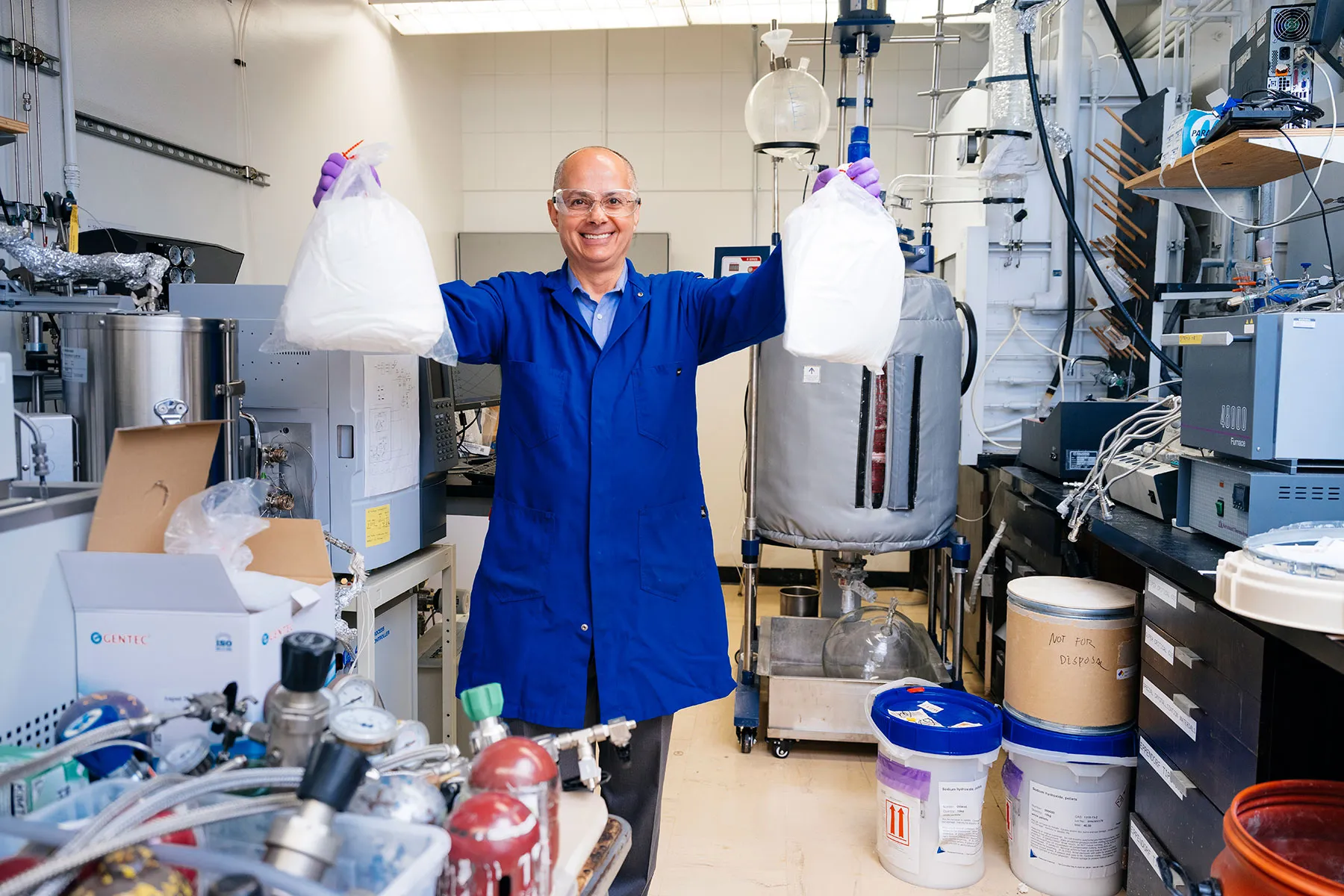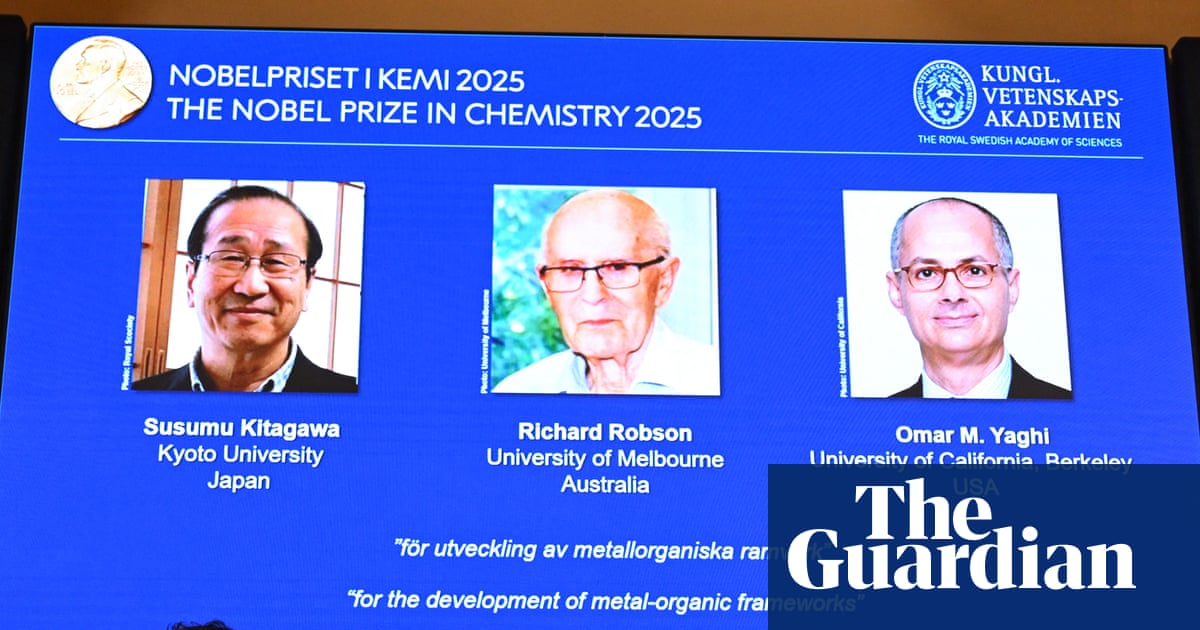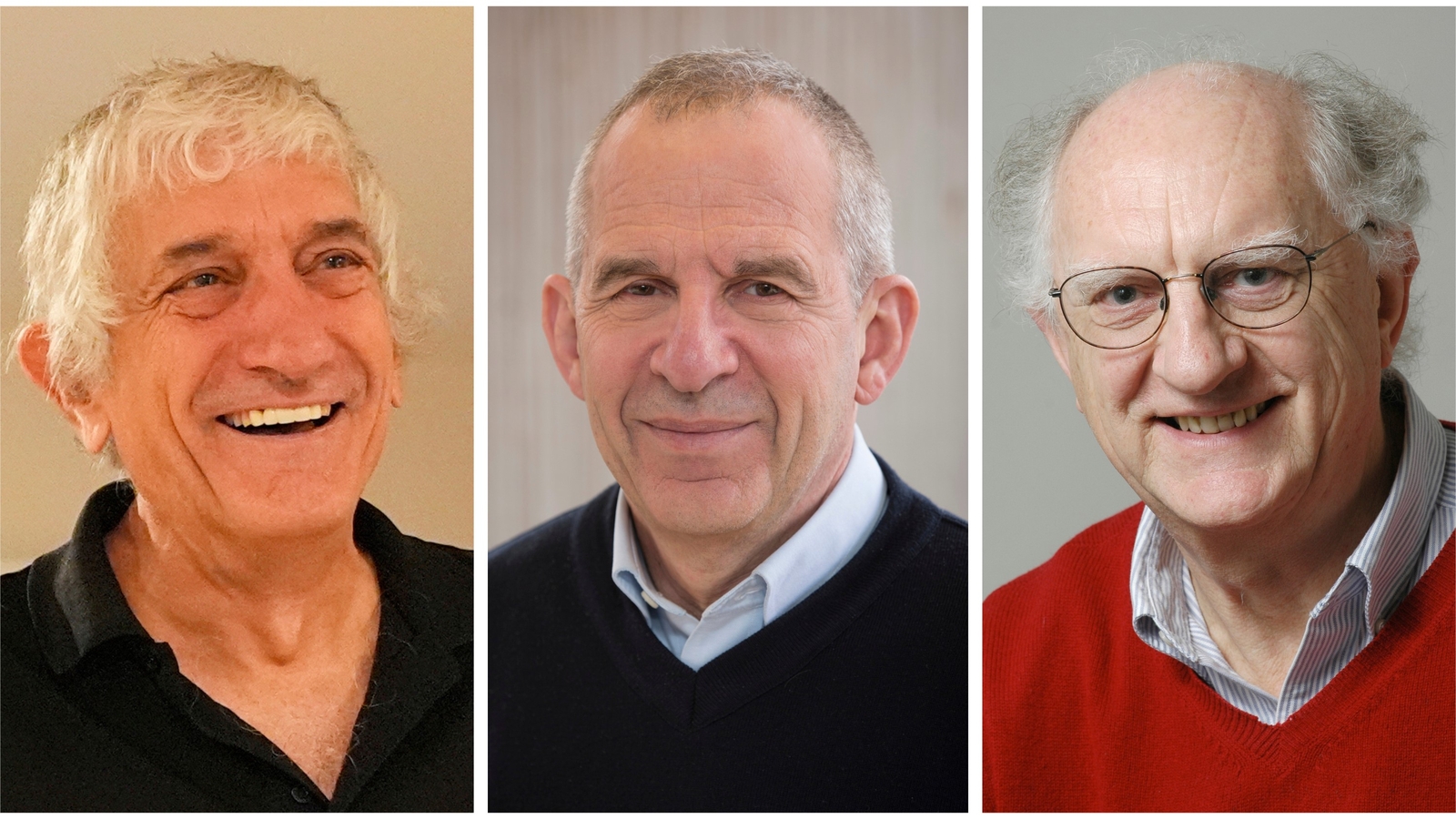Science
fromwww.nature.com
4 months agoThese Economists Just Won an Economics Nobel for Showing How Science Fuels Growth
Technological and scientific innovation, combined with market competition, drive long-term economic growth; useful scientific knowledge and market-driven innovation explain modern growth.

